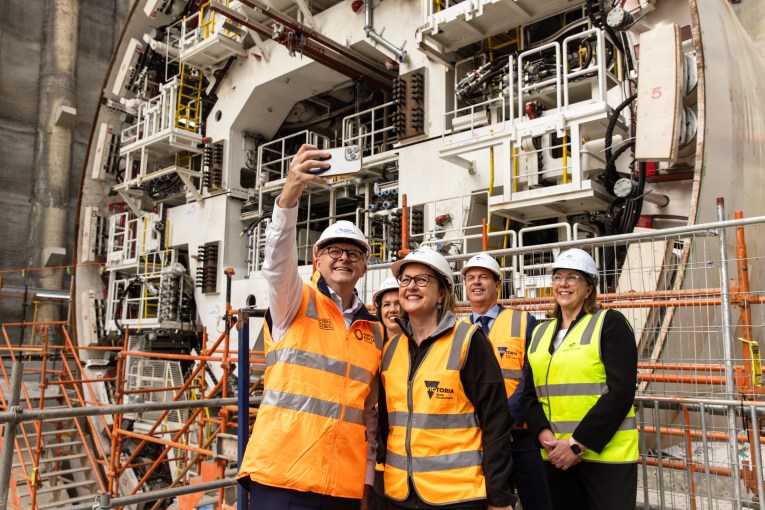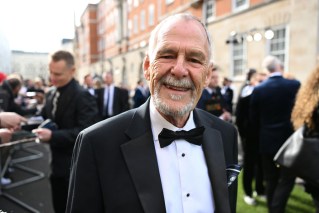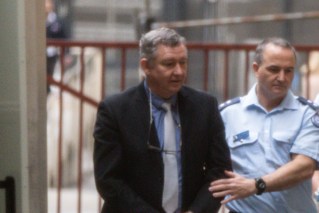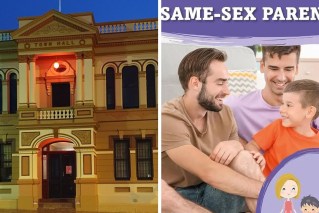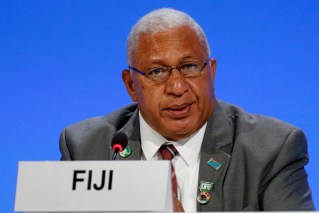First items taken by Captain James Cook, Gweagal spears, returned to Aboriginal owners
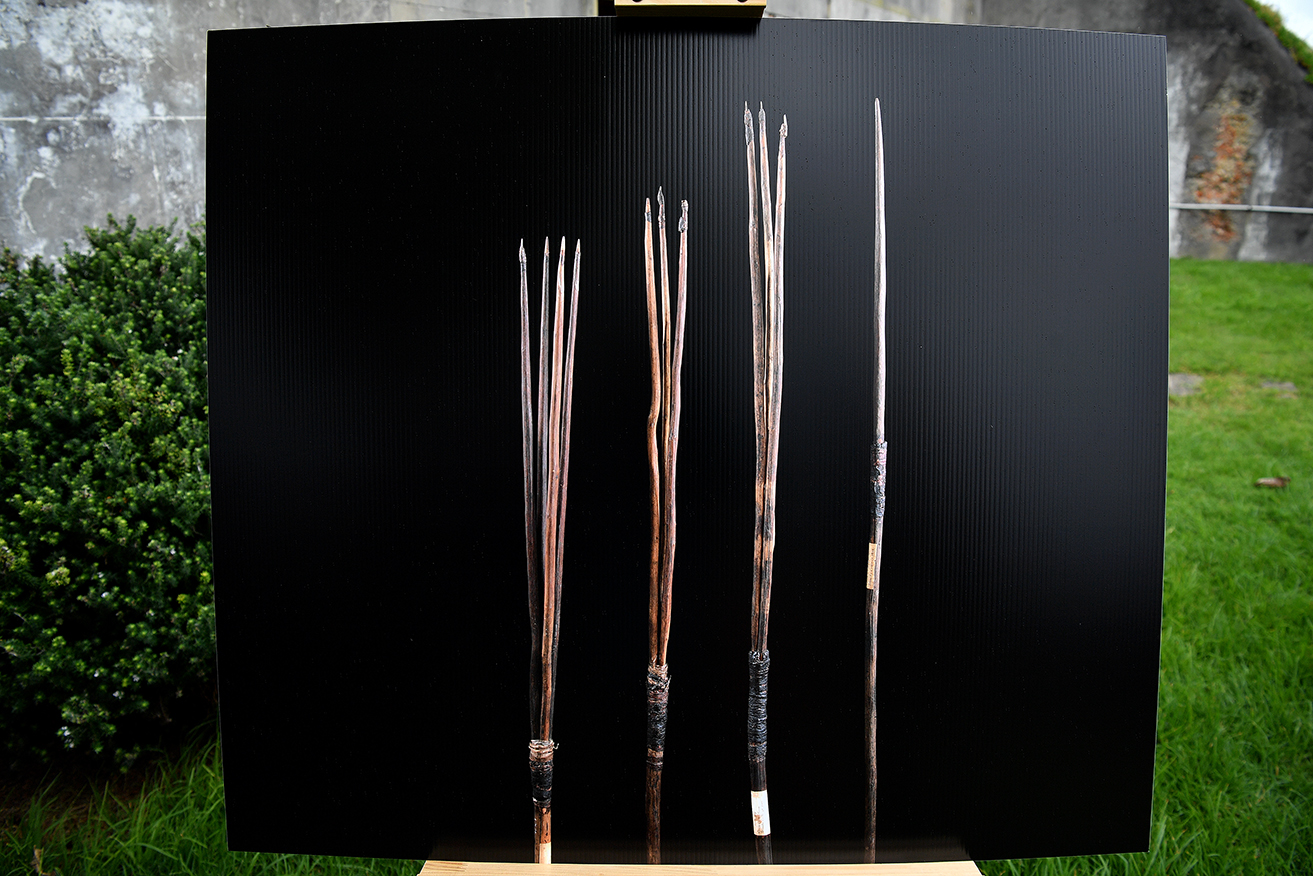
The four spears were among 40 taken from the Gweagal people more than 250 years ago. Photo: AAP
The first objects the British took from Australia are finally back with their rightful owners after more than 250 years.
British soldiers took 40 spears from Aboriginal camps at Botany Bay when James Cook and his crew first made contact in 1770.
Only four of those spears remain and they have been kept at the Museum of Archaeology and Anthropology at the University of Cambridge in the UK since the early 20th century.
The spears were handed back to their owners, the Aboriginal community of La Perouse, during a ceremony at Trinity College at Cambridge on Tuesday.
Tweet from @AIATSIS
The people who took the spears back included direct descendants of the Gweagal people who crafted them.
La Perouse Local Aboriginal Land Council chairperson Noeleen Timbery said the Gweagal spears were an important connection to their people’s past, traditions, cultural practices and ancestors.
“Our Elders have worked for many years to see their ownership transferred to the traditional owners of Botany Bay,” she said.
The spears were ultimately set to be displayed at a visitor centre at Kurnell in Botany Bay, known as Kamay in the local Indigenous language.
Gujaga Foundation director Ray Ingrey described their return as a “momentous occasion”, while Museum of Archaeology and Anthropology director Nicholas Thomas said the spears were exceptionally significant.
“They are the first artefacts collected by the British from any part of Australia, that remain extant and documented,” Professor Thomas said.
“They reflect the beginnings of a history of misunderstanding and conflict.”
Indigenous Australians Minister Linda Burney said the Gweagal spears’ return was a significant step forward on the journey towards reconciliation and truth-telling.
She congratulated the La Perouse Aboriginal community for their decades of work and advocacy to bring the spears home.
“Bringing our history back home provides an opportunity for Indigenous and non-Indigenous Australians, young and old, to build a greater understanding of our shared national story,” Burney said.
Captain Cook and botanist Joseph Banks claimed the spears were exchanged for beads, ribbons and cloth.
In 2015 and again in 2020, some of the spears were temporarily returned to Australia for the first time since they were taken by Captain Cook.
The artefacts were displayed as part of exhibitions exploring frontier encounters.
Trinity College and the Museum of Archaeology and Anthropology agreed to give the spears back in March 2023.
Cambridge and the La Perouse Aboriginal community plan to collaborate on future research projects.
-AAP
